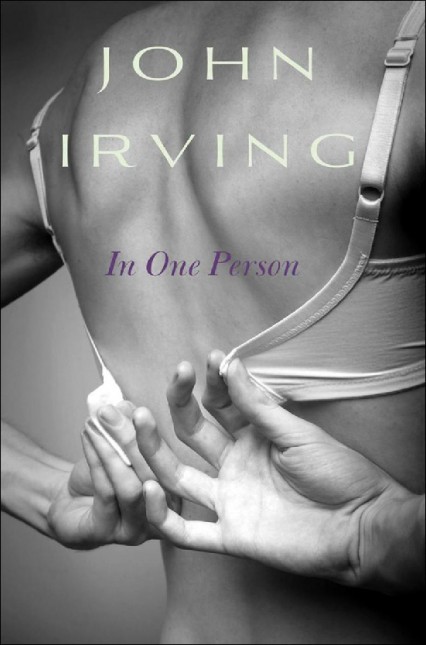B.J. Epstein casts a critical eye over the latest novel from John Irving, In One Person.
John Irving is an author known for, among other things, portraying sexual minorities in his work; a question regarding this, then, is whether he truly explores sexuality in his writing or whether he seems to include these non-heterosexual characters for a reason that might be termed the ‘freak factor’. His latest novel, In One Person, raises this question yet again.
In One Person is about Billy, who grows up in small-

by John Irving
427 p., Doubleday, £18.99
But maybe feelings are a little beside the point. The novel is over the top, which makes it less serious than one might expect from Irving or from the subject matter (which covers sexuality, the first of the AIDS crisis, creativity, performance, relationships, and more). A symbol of how exaggerated the book seems to be is that by the end of it, nearly everyone is bisexual or gay or transgender or some combination thereof. Those who are not are either quite accepting, or they die. Billy’s own extremely active sexual life gets off to a rousing start when he is seduced by – or perhaps actually seduces – the town librarian, whose supposed secret is so obvious that few alert readers will be as surprised as Irving clearly expects them to be. Billy proceeds to move through a number of men and women, although, again, his emotions don’t seem that involved.
Strangely, In One Person is a very readable book, even if it’s hard to grasp the protagonist or even to develop an attachment to him. Billy doesn’t feel real, but his story is still thought-
There are so few strong books with bisexual characters that there will be high expectations for In One Person. Alas, the novel doesn’t fulfil them, in that Billy’s bisexuality feels like it was chosen by the author for the purpose of exploring particular topics and for attracting notice – the ‘freak factor’ – but then maybe it’s too much to expect of any one book, the way it would be of any one person.










